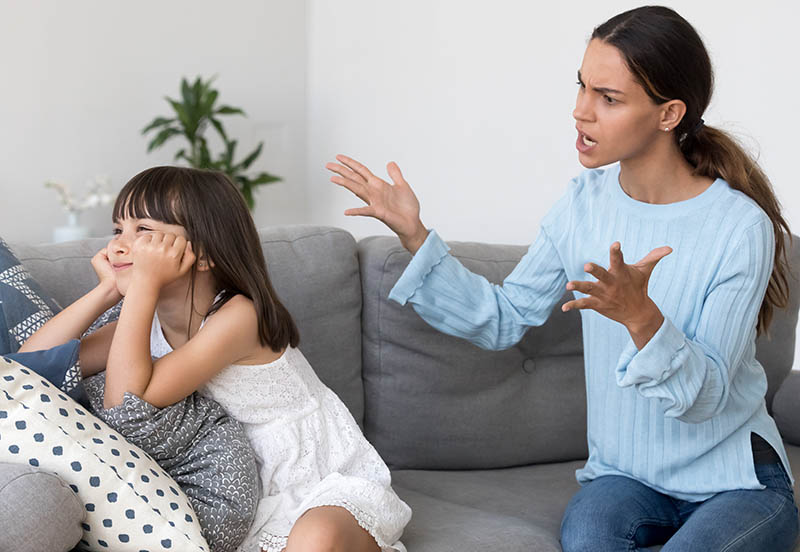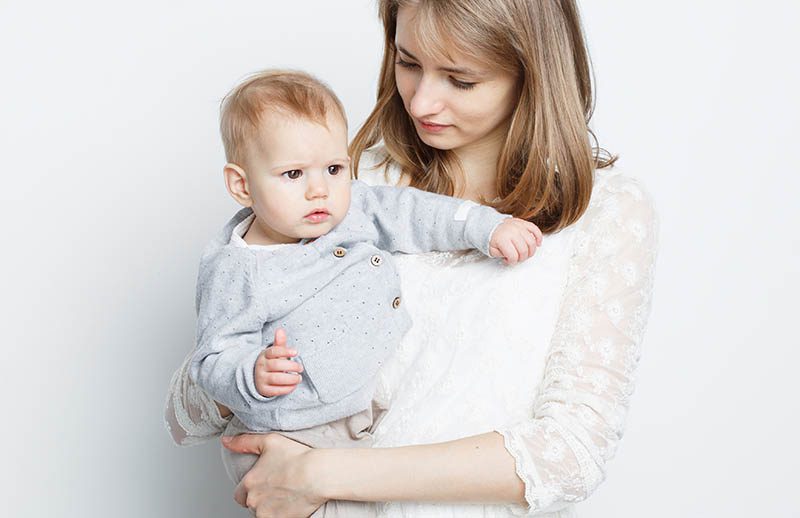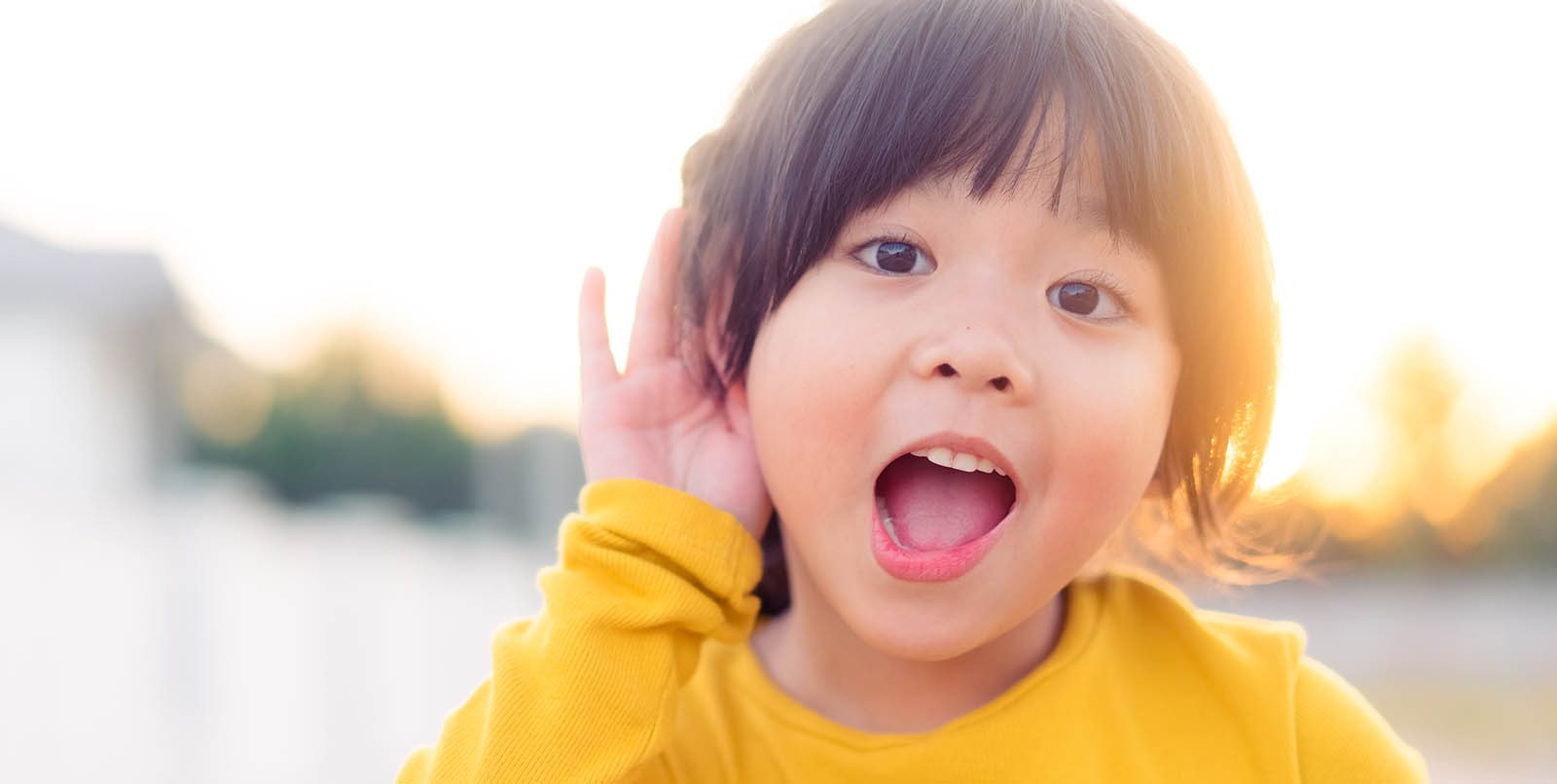Hearing loss is on the rise, with Hear-it.org reporting that 16% of adults in Europe saying their daily lives have been adversely affected by hearing problems. That’s 71 million people aged between 18-80 who have a hearing impairment of 25dB and greater, as recognised by the World Health Organisation.
Action on Hearing Loss advise that it is important to spot hearing loss sooner rather than later as treatment is more beneficial if started sooner. Sometimes, hearing loss can be sudden but more often, it is gradual and you may not notice it for a while.
Emily Balmer, Head of Audiology at The Hearing Suite said, “When our hearing loss deteriorates slowly, it really can be hard to notice. One of the biggest indicators is actually small changes in your behaviour, or feedback from our friends and family. It’s very easy to let it slip by, but if you can consciously look out for some of the signs of hearing loss, you can more easily manage it.”

Emily Balmer – The Hearing Suite
To help you identify the signs of hearing loss either in yourself or others, check out our handy tips below which cover adults, children and babies.
5 signs of hearing loss in adults

It is difficult to notice if you are losing your hearing gradually and other people may notice it and comment on it before you do.
However, here are five signs of hearing loss to look out for in yourself or others:
- Asking people to repeat themselves and having problems keeping up with conversations
- Misunderstanding what people are saying, particularly in noisy environments
- Listening to music or watching TV at a higher volume than what other people require
- Difficulty hearing when on the phone
- Feeling tired or stressed from having to concentrate intensely while listening
For signs of one-sided hearing loss, you may find sounds quieter in general and often be unsure what direction sounds are coming from. Often, one-sided hearing loss is temporary and caused by sound being unable to pass through the ear due to earwax or an ear infection.
Whether you suspect you have temporary or permanent hearing loss, ensure you get your ears checked out by a hearing professional as soon as you can in case it starts to deteriorate.
6 signs of hearing loss in children

Due to older children having developed speech, it can be harder to tell if they are having problems with their hearing. These problems could lead to a child becoming more and more isolated, therefore identifying signs of hearing loss as early as possible is important.
Here are six signs to look out for:
- Your child wants the TV volume turning up very high
- He/she asks you to repeat yourself frequently and responds to questions inappropriately
- Sometimes he/she seems to not be paying attention
- Your child starts to speak louder than usual and/or aren’t clear when they speak
- His/her schoolwork is suffering and the teacher notices they do not respond as well as other children
- Your child looks at you intently when you are speaking, as if they are concentrating or depending on visual clues for interpreting what you are saying
Hearing loss in children can sometimes be caused by fluid build-up (glue ear) which is treatable so if you suspect your child’s hearing is suffering, ensure you get it checked out quickly.
Emily Balmer said, “It’s important that we treat hearing tests just like an eye test. Your child shouldn’t be nervous or scared to visit a hearing clinic, and should grow up with the habit of looking after their ears just as they would their eyes.”
4 signs of hearing loss in babies

Babies’ hearing develops over the course of a year, with him/her beginning to hear loud sudden sounds (such as a hand clap) shortly after birth, respond to prolonged sounds after a month, and recognise familiar voices at about 4 months.
Here’s four signs to look out for if you suspect your baby’s hearing isn’t developing like it should:
- Your baby doesn’t seem to get startled by loud, sudden sounds
- He/she notices you when they see you but not when you call their name
- They don’t turn towards voices by the time they’re 4 months old
- He/she hasn’t started to say any recognisable words by the time they’re around 15 months old
If you think your baby is having hearing difficulties, ensure you get him/her checked over by a healthcare professional immediately.
Read more about protecting your hearing
https://www.actiononhearingloss.org.uk/hearing-health/hearing-loss-and-deafness/
https://www.hear-it.org/hearing-loss-in-europe
https://www.nhs.uk/conditions/hearing-loss/symptoms/
https://www.hear-it.org/10-signs-that-your-child-may-have-a-hearing-loss

